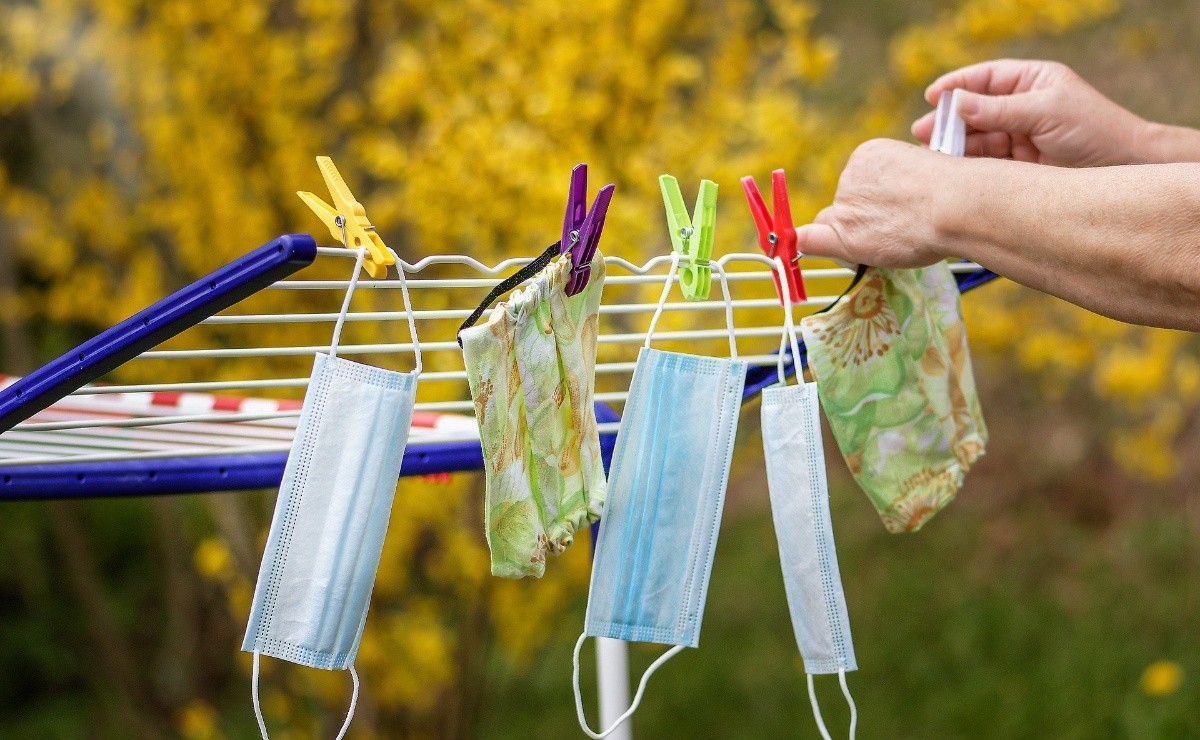
"It was a matter of time" is what the WHO says after issuing a relationship between the pandemic and climate change
The director of Public Health of the World Health Organization (WHO), María Neira, assured this Wednesday that the arrival of a pandemic was "a matter of time" because the "elements of the cocktail were served": "we have had a terrible relationship with the environment".
Neira expressed himself in this way at the close of the Ibero-American Conference on Coronavirus and Public Health, where he analyzed the moment of the pandemic and where he asked to "fight the battle" to defend a public, quality, free and universal health care for the entire world population .
The Spanish pointed to six key factors to get out of the health crisis in which the world finds itself in which caring for the environment cuts across the rest.
It may interest you: Being in love gives you defenses against covid 19

"It was a matter of time because the elements of the cocktail were served, we have had a terrible relationship with the environment, with ecosystems, with such aggressive deforestation that they have a lot to do with changing living conditions," he said.
CLIMATE CHANGE, A MAJOR VECTOR FOR DISEASES
Neira, forceful in her presentation, clearly linked the arrival of the pandemic to the consequences of climate change and recalled that the epidemics of the last decades – "AIDS, Ebola or Zika" – came from a "leap from animal health to human health ".
"The host is always the same and always in stressful environmental conditions, with deforestation and very intensive agricultural practices, great errors in not preserving biodiversity as well as the commercialization of wild animal species without protection in their transfer, has contributed to an increase infectious diseases, "he said.
The specialist insisted that our source of health "is our nature" and "what we eat and drink is what we have contaminated."
"Right now there are millions of tons of plastics in the oceans and there are people who may not be interested in the environment, but we are eating that plastic, a week we eat the equivalent of a credit card, it is not a question of activism" , he deepened.
Neira also criticized that states continue to subsidize fossil fuels, the combustion of which is associated with "7 million premature deaths a year" and chronic diseases whose treatment exceeds "5 trillion dollars."
"It is a matter of rationality, let’s stop giving them subsidies, 400 billion dollars in subsidies for fossil fuels is absolutely unacceptable, we are going to put up barriers to protect health, to protect the environment and give access to basic services, we will to make them less vulnerable, "he demanded.
UNIVERSAL ACCESS TO BASIC RESOURCES
The WHO Director of Public Health regretted that even today in 2020 "a large part of the world population" does not have access to basic resources such as water and soap, both essential elements in the prevention of Covid-19 infection.
"People do not have the capacity to have soap, something that should be assumed as much as no one had a lack of access to services as basic as water and sanitation. It is a crack that we have so huge and that is essential if we want to avoid other pandemics" , he warned.
On the other hand, he pointed to the food production system – "so unsustainable" – as well as to the management of the waste that this production generates, a management that he called "critical and strategic".
He also referred to the state of cities, – "where 50% of the world’s population lives and in 20 years it will be 70" – and assured that "we have forgotten that there are some things that are human beings" .
"Cities are made for cars, not for people, we are going to have to fight a lot with the local authorities so that public transport is sustainable and the use of the car is avoided," he said about it.
In that sense, he invited to take advantage of the opportunity of forced telework now due to the pandemic so that people can "live in rural areas, with bigger houses and green spaces" and prevent "everyone from moving to city centers at the same time".
"It does not seem very reasonable – the massive displacement to workplaces – but irrationality comes with the human being, we can have very great results or very great errors," he said.